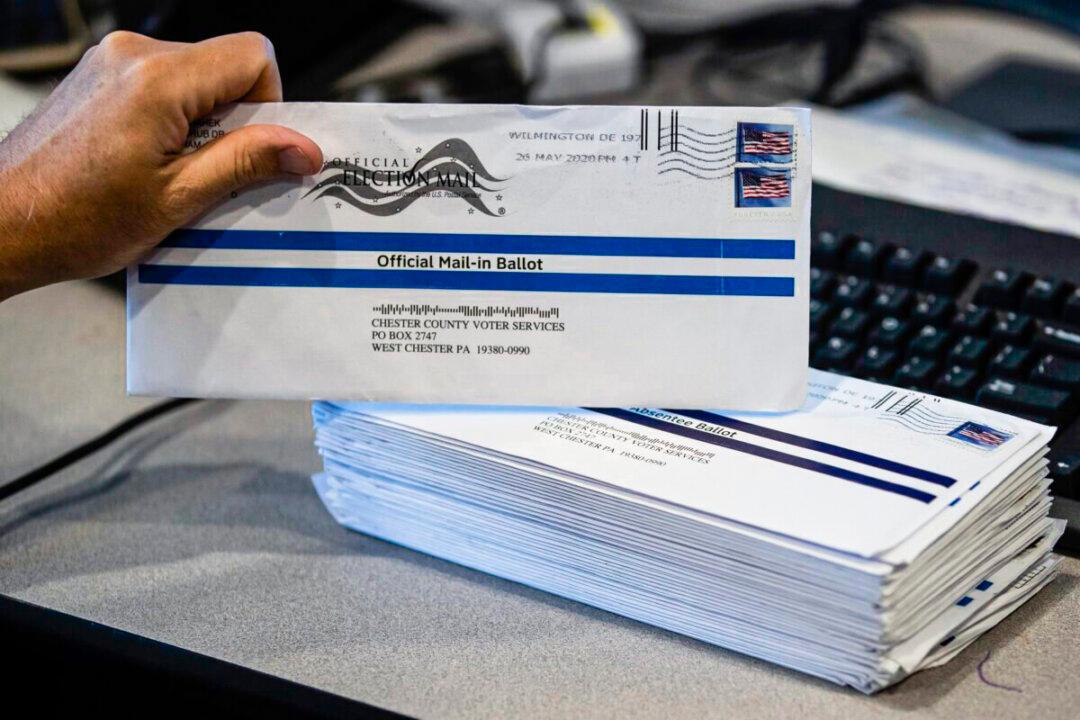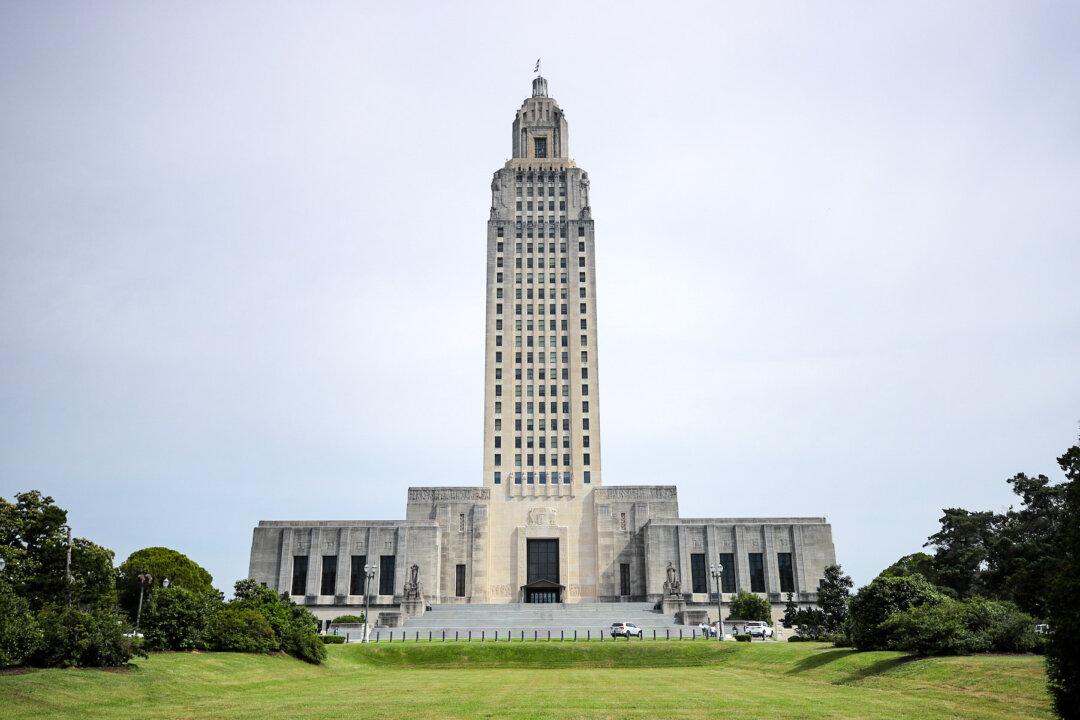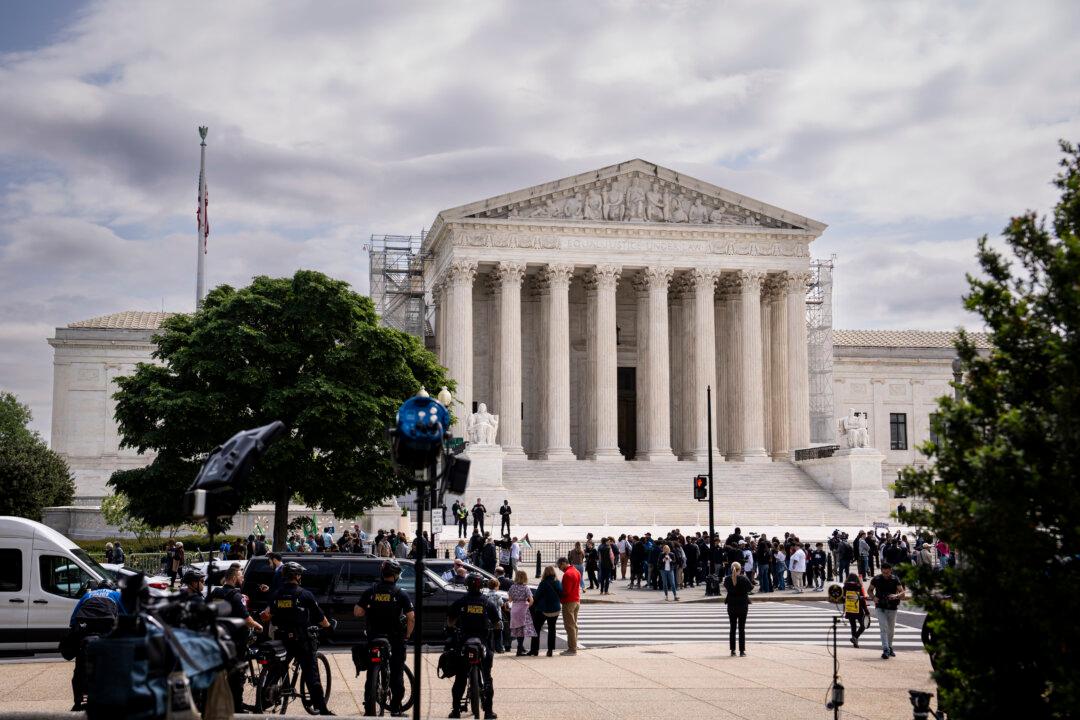Fraudulent mail-in ballots and dirty voter rolls could spawn a series of messy elections around the country, experts fear, saying their threat to election integrity can’t be underestimated.
When a person dies or fails to provide notification of change of address, a “dirty voter roll” is often the result, because the resident essentially remains eligible to vote until the state removes them from their roll. This opens the avenue for fraudulent votes, which is exacerbated by the rise of mail-in voting around the country. Eight states—California, Colorado, Hawaii, Nevada, Oregon, Utah, Vermont, and Washington—allow all elections to be conducted by mail.




